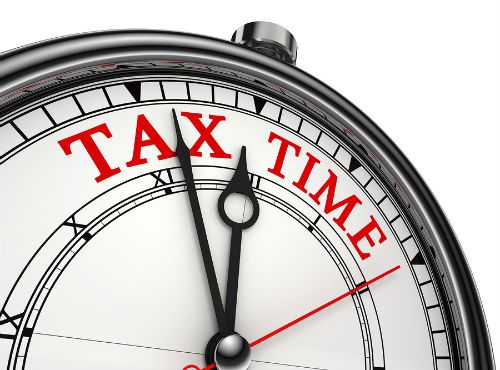March 6, 2017
It was a grand slam.
Major U.S. stock markets were positively euphoric following President Trump’s speech on February 28. Optimism about the new administration’s pro-growth policies propelled the four major U.S. stock indices to record highs, despite a dearth of policy details, reported Financial Times.
It’s hard to pinpoint exactly why stocks have moved so far, so quickly. However, it appears that mom-and-pop investors have become quite enthusiastic about the asset class according to data from JPMorgan Chase cited by Bloomberg. While institutional investors (pensions, insurance companies, etc.) have been reducing exposure to stocks, smaller investors have been loading up on shares.
CNBC reported some industry professionals, including Goldman’s chief U.S. equity strategist David Kostin, believe stocks have become too highly valued.ZeroHedge.com quoted Kostin, who said:
“Cognitive dissonance exists in the U.S. stock market. S&P 500 is up 10 percent since the election despite negative EPS [earnings per share] revisions from sell-side analysts…Investors, S&P 500 management teams, and sell-side analysts do not agree on the most likely path forward. On the one hand, investors, corporate managers, and macroeconomic survey data suggest an increase in optimism about future economic growth. In contrast, sell-side analysts have cut consensus 2017E [estimated] adjusted EPS forecasts by 1 percent since the election and ‘hard’ macroeconomic data show only modest improvement.”
Financial Times reported pessimism prevails in the bond market. One bond market professional said, “The bond market is taking a totally different view from the equity market. Blowing raspberries is a good way to put it…There’s no belief that the growth agenda will be dramatic.”
So, is strong economic growth ahead? Do bond investors or stocks investors have it right? Are institutional investors or mom-and-pop investors positioning themselves correctly? Only time will tell.
Tax season is upon us.
That means we can all use some entertainment. While many folks dread the process of completing and filing taxes, some see it as an opportunity to test the boundaries of the system. Here are a few deductions Americans have taken that have failed to pass muster in tax court, courtesy of Kiplinger.com:
You cannot deduct the cost of a good night’s sleep. A tax preparer who worked from home escaped to a hotel because her clients were calling in the wee hours of the night and causing her to lose sleep. When she attempted to take a business deduction for the hotel expense, the tax court ruled a good night’s sleep is a non-deductible personal expense.
You cannot take a theft loss deduction for poor construction. A couple moved into their newly built dream home only to realize the builder had cut some corners. The house had some serious issues, including its foundation. The couple claimed the builder had defrauded them and took a large theft loss deduction. While taxpayers can deduct losses from a home-related theft, shoddy construction doesn’t qualify.
You cannot take a depletion deduction for bodily fluids. A woman earned $7,000 a year donating blood plasma because of her rare blood type. She took a depletion deduction, claiming “the loss of both her blood’s mineral content and her blood’s ability to regenerate,” wrote Kiplinger. While companies that take coal, iron, and other minerals from the ground can take a depletion deduction, the tax court ruled that individuals cannot claim depletion on their bodies.
You cannot deduct a business trip if there are no formal business meetings involved. A repo firm sponsored a trip to Las Vegas for its bank customers. The firm’s employees chatted with clients about business on the way to Vegas, but no formal meetings were held. The tax court denied the deduction.
Before you get creative with your taxes, consult with a tax professional.

